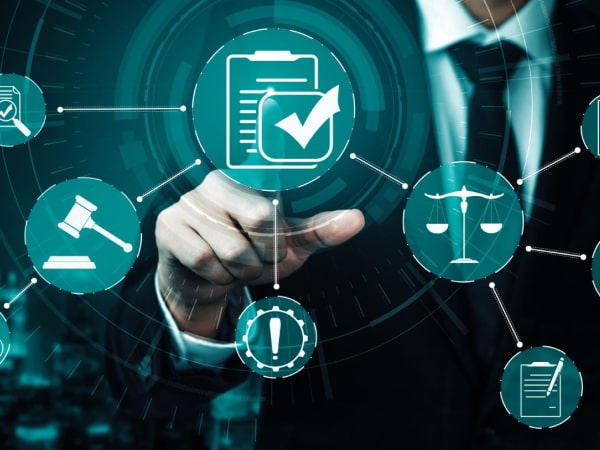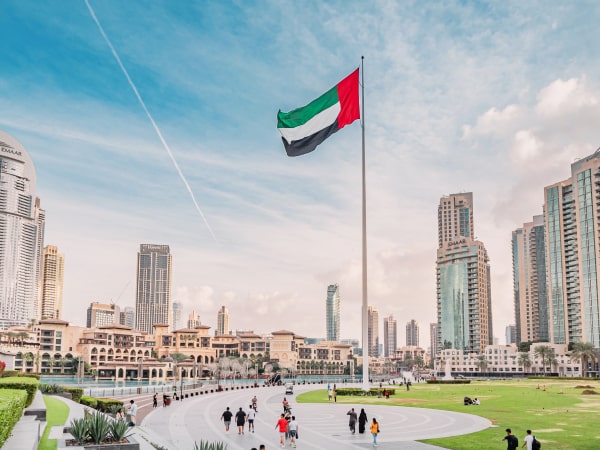Crypto license in Italy
Legal Imperatives for Crypto Licensing in Italy
While Italy has not yet enacted laws or regulations specifically addressing digital currencies, the Italian government is actively developing regulations and policies on digital assets through various institutions and regulatory bodies. Italy’s primary legislation governing cryptocurrency businesses is found in Article 3 of the Decree of January 13, 2022. This paper outlines the registration requirements for businesses offering custody and exchange services for digital assets. Indeed, there are no laws prohibiting anyone from buying, selling or storing cryptocurrencies in Italy.
The Italian Ministry of Economy and Finance (MEF) plays a crucial role in the regulation of cryptocurrencies, especially in taxation. As of January 2023, Italy is tightening the rules for cryptocurrency exchanges by requiring cryptocurrency companies to register with the Organismo Agenti e Mediatori (OAM), promoting transparency through a special registry and guaranteeing compliance with anti-money laundering measures. This implies that investors in Italy should only use crypto companies registered in the country. These developments are part of Italy’s larger effort to bring cryptocurrency regulation in line with new European Union rules.

Regulatory Framework for Cryptocurrencies in Italy
Italy is working to comply with the latest European Union requirements for the regulation of cryptocurrency companies. One of the key documents that defines the rules of the game in the crypto market is the Markets in Crypto-Assets Regulation (MiCA). The year 2024 is a turning point for this segment of the financial market, as part of the MiCA Regulation on stablecoins came into force on June 30, and the rest of the MiCAR on December 30, 2024. Specific regulations for stablecoins, including requirements for reserve assets, redemption rights, and stabilization mechanisms. Issuers of stablecoins must meet stringent regulatory requirements to ensure the stability and reliability of their tokens
The MiCA regulation aims to promote the use of innovative technologies by establishing a regulatory framework that covers cryptoassets, cryptoasset issuers, and cryptoasset service providers. EU rules are directly applicable in all EU member states. There are currently legislative procedures underway at the EU level related to the MiCAR delegated acts (Regulatory Technical Standards and Implementing Technical Standards).
Under MiCA, all crypto asset companies are required to:
- Undertake regular audits to ensure compliance with AML/KYC requirements.
- Maintain a high level of security of customer data and keys.
- Report to regulators on their operations.
Italy is already taking steps to integrate MiCA regulations into its national cryptocurrency regulatory system. Companies must be registered in a special OAM registry and meet strict anti-money laundering and countering the financing of terrorism (AML/CFT) requirements. This includes mandating the use of KYC best practices and conducting regular transaction checks for suspicious activity.
MiCA also imposes additional obligations on cryptocurrency exchanges and wallet providers. They must comply with the General Data Protection Regulation (GDPR) and use strong security measures to protect customer data and private keys. Failure to comply with these requirements can lead to serious consequences, including fines and suspension of operations. In addition to national requirements, Italian companies must be mindful of MiCA regulations, which requires them to constantly monitor changes in legislation.
Preparing for the entry into force of MiCA requires companies to undertake careful legal drafting and constant monitoring of legislative changes.
Our awards





Legal Procedure for Crypto Licensing
To offer virtual asset services in Italy, you must be in a special crypto-registry. The OAM runs it. Send an electronic application that includes.
- the name of the business
- legal structure
- tax identification number
Give the legal representative’s physical address, phone number, and identification details as well. Indicate in detail the services provided (e-wallet or VASP). Name a local AML officer and describe the service delivery channels, such as physical sites and internet portals. Make sure the application is submitted with the necessary statutory paperwork and the legal representative’s proof of identity.
Compliance Obligations for Crypto Businesses
Combating Anti-Money Laundering (AML) and Know Your Customer (KYC) compliance is one of these obligations. Crypto-businesses after registration must register and keep detailed records of transactions and customer data. They must utilize robust AML and KYC methods, regularly review transactions related to suspicious activity, and report any suspicious transactions to the relevant authorities. For cryptocurrency companies operating in Italy, the most important aspects of compliance are employee training, regular internal audits, and staying informed of changes in laws and regulations.

Addressing Legal Challenges in Licensing
Failure to obtain Italy crypto exchange comply with regulations and requirements can result in delays, fines, or even denial of a license.

Concluding Legal Advice for Prospective Applicants
In conclusion, potential license applicants in Italy should prioritize thorough legal advice. It will greatly boost the chance of getting a license. Remember, staying informed is key. Seek expert advice and approach licensing with diligence.
Contact us for a license in Italy
Get in contact with us if you’re thinking about getting a crypto license in Italy. Our skilled legal professionals can offer advice tailored to your needs. They have experience with licensing issues. Get in touch with us right now to talk about your licensing needs and find out how we can help you accomplish your objectives.
Reach Out to Our Experts
Contact our team of legal specialists for your crypto solution in Italy. Individualized support and knowledgeable advice on licensing issues in Italy. With our wealth of experience and in-depth understanding of the regulations, we can offer you complete support to ensure a successful license process.
FAQ
Stages And Timelines
The process of obtaining a license takes 3 to 4 months, which includes submitting an application, reviewing documents and obtaining a permit.
Types of license
License for exchange and storage of cryptocurrencies:
Authorizes the exchange of cryptocurrencies and the provision of secure storage services.
License to Issue and Manage Stablecoins:
Allows the issuance and management of stablecoins backed by fiat currencies or other assets.
License to issue digital securities:
Authorizes the issuance and management of digital securities representing various types of assets.


















